President Trump 'save' TikTok; Nvidia bets future growth on robots... are highlights in this week's Saturday technology news.
President Trump 'save' TikTok
President-elect Donald Trump has asked the US Supreme Court to halt a ban on TikTok unless its Chinese parent company divests.
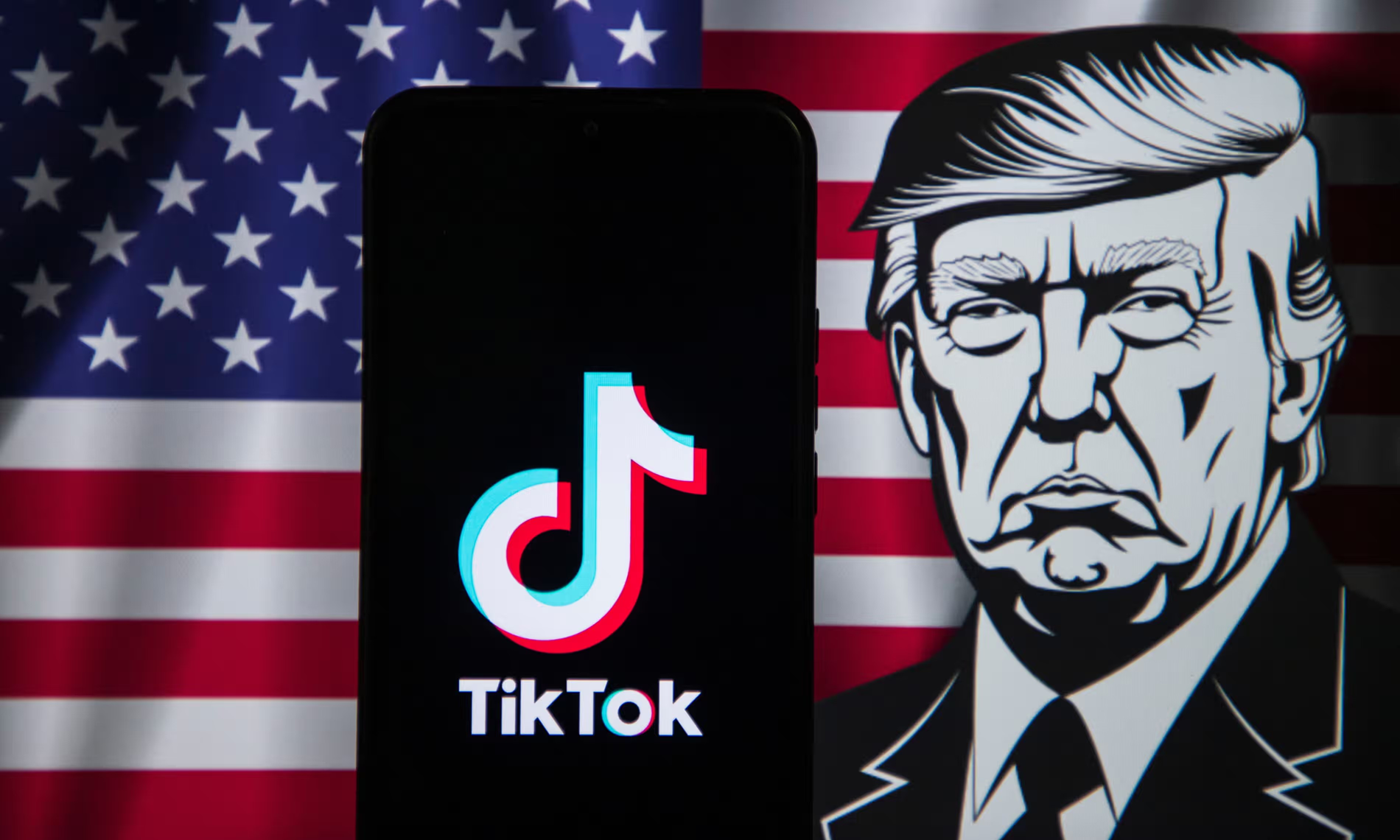
On December 27, Mr. Trump filed a petition with the Supreme Court, arguing that the court should give him more time after taking office to “seek a negotiated solution” to the dispute.
According to the President-elect, a TikTok ban would raise concerns about free speech.
Mr. Trump said he would find a solution to “save” TikTok while still addressing the national security concerns raised by the government .
He did not elaborate on what type of solution or how long the ban would be delayed.
The Supreme Court will hear arguments from both sides on January 10, 2025, more than a week before the law takes effect.
Under President Joe Biden, the US Justice Department declared TikTok poses a serious national security threat.
According to US Attorney General Elizabeth Prelogar, the platform collects sensitive data on tens of millions of Americans.
Meanwhile, TikTok argued: “History and precedent show that even when national security is at stake, a speech ban is Congress ’s last resort.”
Under the law that will take effect on January 19, 2025, TikTok will be banned in the US if it does not divest all of its Chinese capital. The day after that is the inauguration of President-elect Donald Trump.
Trump supported a ban on TikTok during his first term, but has since changed his tune. This month, he said he had a “warm place” in his heart for the Chinese app because it helped him win the votes of young voters. He also met TikTok CEO Shou Zi Chew at his residence.
Nvidia Bets on Robots
Nvidia is looking for new growth drivers amid growing competition in the AI market.
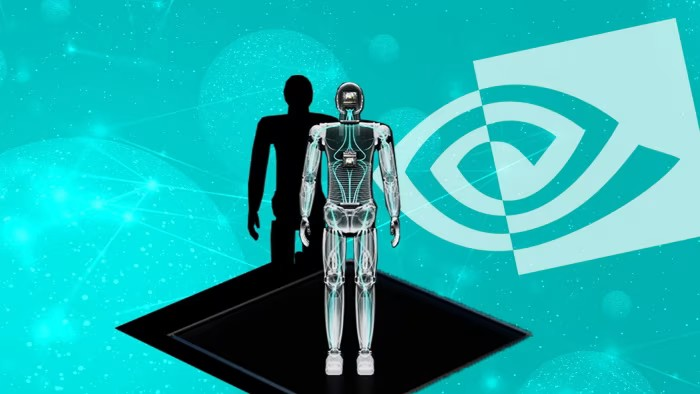
Nvidia is set to launch Jetson Thor, its platform for humanoid robots, in the first half of 2025. Believing that a robotics revolution is imminent, the semiconductor company sells a “full stack” solution, from the software layers for training AI robots to the chips inside.
Deepu Talla, Nvidia's vice president of robotics, told the Financial Times that the "ChatGPT moment" of physical AI and robotics is approaching, and he believes the market has reached a "tipping point."
Nvidia's focus on robotics comes as the AI chip market becomes more competitive and companies like Amazon, Microsoft and Google look to reduce their dependence on the world's largest semiconductor maker.
Jensen Huang’s company wants to be a leading player in the “physical AI” space to help develop the next generation of robotics companies. In February, Nvidia joined Microsoft, OpenAI… in investing in humanoid robot company Figure AI.
Robotics remains a niche market that has yet to generate large profits. Many startups struggle to scale, reduce costs, and improve product accuracy.
But Talla said the robotics market is being driven by two technological breakthroughs: the explosion of generative AI models and the ability to train robots on these models through simulated environments. The second breakthrough ensures that robots trained in virtual environments can operate effectively in physical environments.
According to research firm BCC, the global robotics market is currently valued at around $78 billion and is expected to reach $165 billion by the end of 2029.
Hackers steal important documents from the US Treasury Department
The US Treasury Department revealed that hackers had penetrated its security system this month and stolen many important documents on the devices.
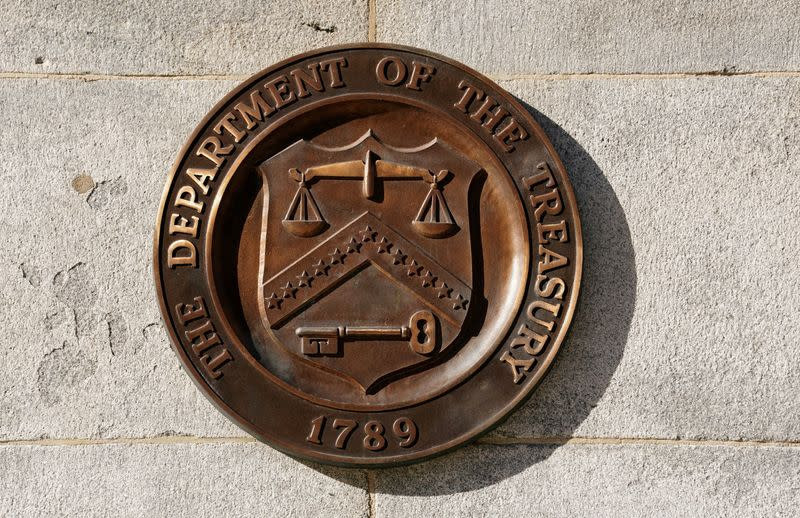
The Ministry of Finance called this a “major incident” and notified the authorities. Accordingly, hackers penetrated the security service of the third-party provider BeyondTrust, from which they accessed other sensitive documents.
"According to the traces left behind, the Treasury Department alleges that the incident was caused by a group of Chinese hackers," according to information sent to US lawmakers.
According to a Treasury letter to US lawmakers, the hackers were able to access "a security key used by the vendor to protect a cloud service used to provide remote technical support to Treasury end users."
With access to the stolen security keys, the attackers bypassed the service's security system, accessed the work computers of several Treasury Department users, and stole confidential documents stored on these devices.
The Treasury Department said it was alerted to the attack by BeyondTrust on December 8 and is working with the US Cybersecurity and Infrastructure Security Agency (CISA) and the FBI to assess the impact of the attack.
Source: https://vietnamnet.vn/tong-thong-trump-cuu-tiktok-nvidia-dat-cuoc-vao-robot-2359930.html







![[Photo] President Luong Cuong attends special political-artistic television show "Golden Opportunity"](https://vphoto.vietnam.vn/thumb/1200x675/vietnam/resource/IMAGE/2025/8/22/44ca13c28fa7476796f9aa3618ff74c4)
![[Photo] Prime Minister Pham Minh Chinh chairs the conference to review the 2024-2025 school year and deploy tasks for the 2025-2026 school year.](https://vphoto.vietnam.vn/thumb/1200x675/vietnam/resource/IMAGE/2025/8/22/2ca5ed79ce6a46a1ac7706a42cefafae)








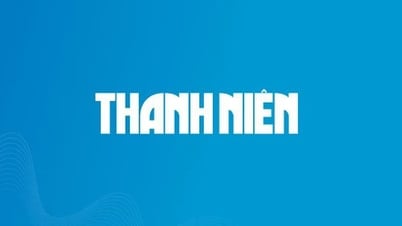







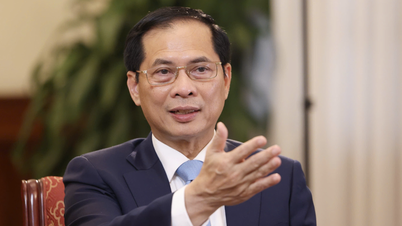
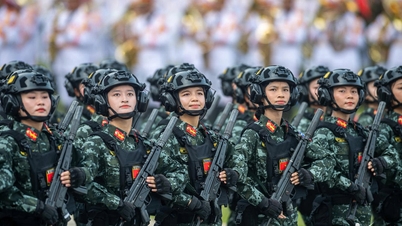































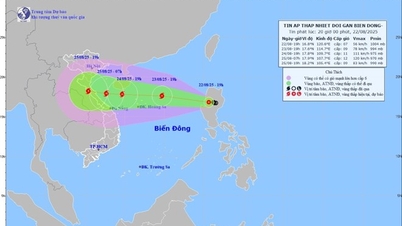

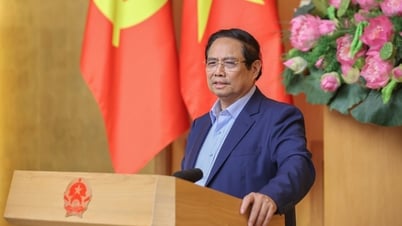


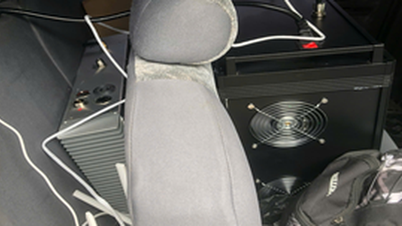
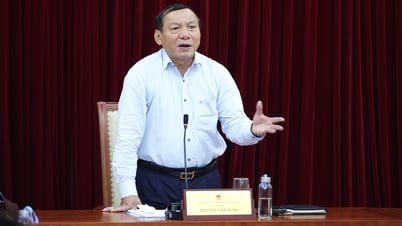




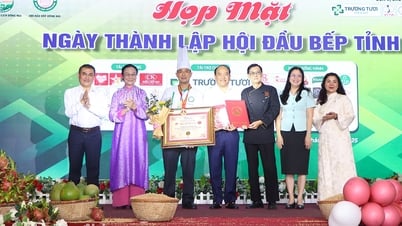

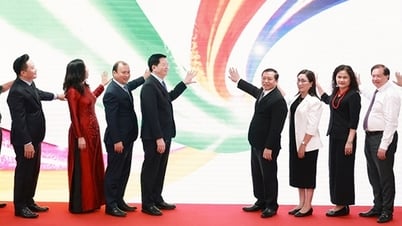

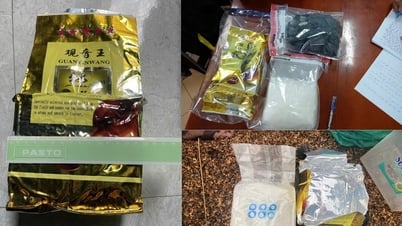
















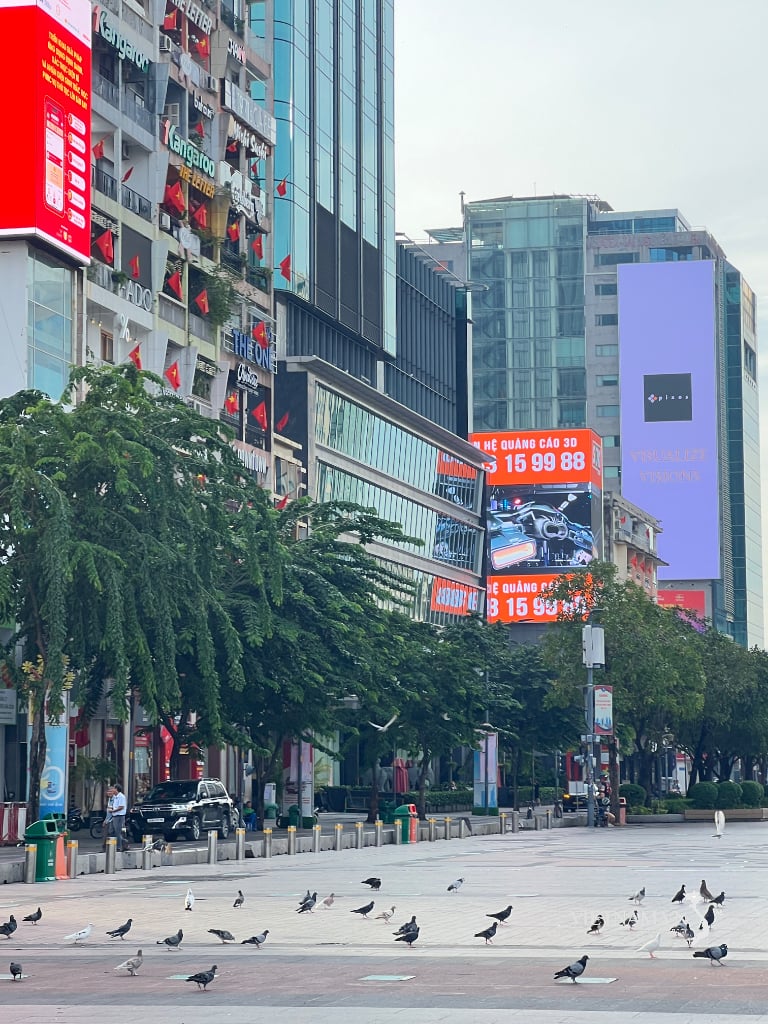

Comment (0)